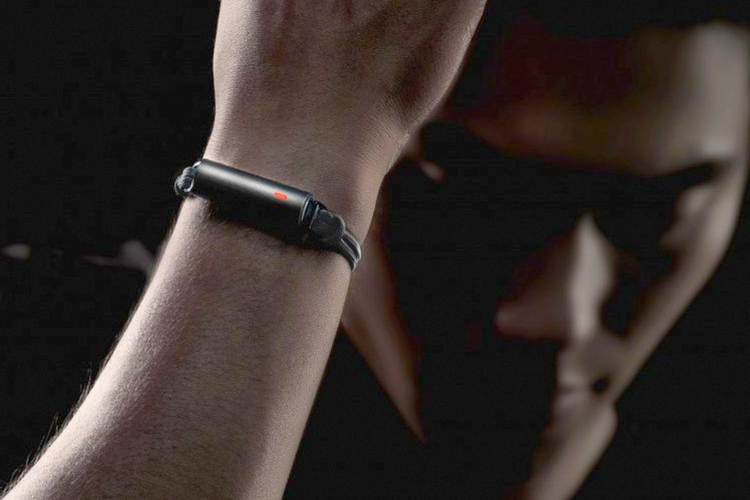Everything Has a Price
From the Insurance Journal
You can always trust an actuary to cut right to the chase. In a recent study reported on by the Insurance Journal the true financial cost of obesity is laid out in plain black and white. Here’s an excerpt:
“The total economic cost of an overweight and obese population in the U.S. and Canada approaches $300 billion per year, with 90 percent of the total – $270 billion – attributed to the U.S, according to the Society of Actuaries.
The SOA said it also uncovered, through an online survey of 1,000 Americans 18 years and older, that the majority of consumers – 83 percent – would be willing to follow a healthy lifestyle, such as participating in a health and wellness program, if incentivized through their health plan.”
What I found more interesting than the dollar figure associated with obesity (which is admittedly quite shocking), is the fact that 83% of respondents in the study said that they would follow a healthy lifestyle if given an incentive to do so. I think the question has to be asked, however, when staying alive isn’t enough to compel people to action, what kind of incentives could you possible offer them that would get them to act?
DRIVE , a great new book about what motivates people, asks that very question and, in the author’s words, “pits the latest scientific discoveries about the mind against the outmoded wisdom that claims people can only be motivated by the hope of gain and the fear of loss.” What I’d like to know, dear reader, is what you think would truly motivate people to long lasting positive change.
Let us know what you think in the comments, on Twitter, or on Facebook.


